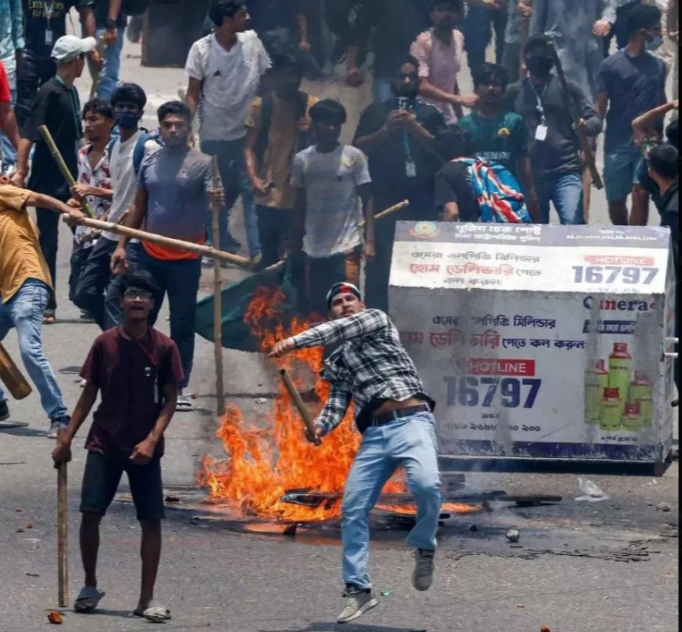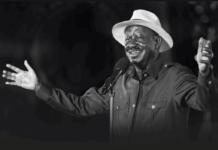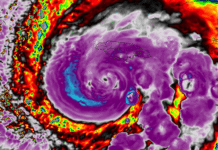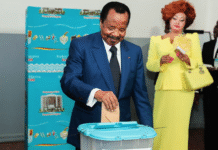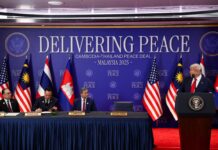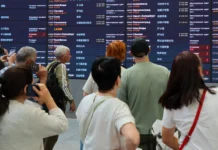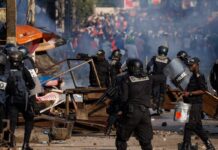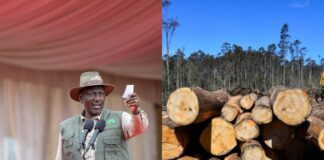In a landmark ruling, Bangladesh’s top court has struck down most of the quotas for government jobs that had sparked violent clashes across the country, resulting in over 100 deaths.
The court has ruled that only 5% of public sector jobs can be reserved for the relatives of veterans from the country’s war for independence from Pakistan in 1971.
The quota system, which was reinstated by a lower court last month, had been scrapped in 2018 by the current government. The move had sparked widespread protests, with students and activists demanding an end to the system, which they claimed was discriminatory and unfair.
Despite the ruling, protest coordinators have vowed to continue their movement until their demands are met. The students are seeking justice for those killed in recent days, the release of detained protest leaders, the restoration of internet services, and the resignations of government ministers.
The streets of the capital city, Dhaka, remain deserted as a second day of curfew is in force. Sporadic clashes continued even after the supreme court ruling, with local media reporting a higher casualty figure than the official death toll of 115.
The ruling orders that 93% of public sector jobs should be recruited on merit, leaving only 5% for the family members of war veterans. A remaining 2% is reserved for people from ethnic minorities or with disabilities.
Government officials have denied allegations of police brutality against peaceful protesters and have blamed opposition forces for joining the protests and destroying “the symbols of Bangladesh’s development.” The authorities have also detained many protesters and arrested several leaders of the quota reform movement.
The unrest has seen arson attacks on government buildings, police check posts, and the capital’s metro system, which has been left inoperable. The authorities are still searching for 800 prisoners who escaped from a prison near Dhaka during the chaos.
As the situation remains volatile, it remains to be seen whether the government will implement the supreme court ruling and address the protesters’ demands.









